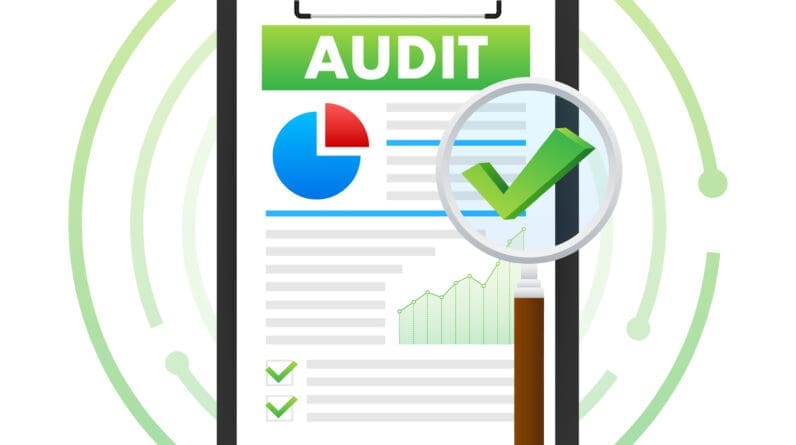
Audit Technique Guides (ATGs) are online publications that help IRS examiners during audits by providing insight into issues and accounting methods unique to specific industries or certain tax write-offs. They are not an official pronouncement of the law or the position of the Service and cannot be used, cited, or relied upon as such. While ATGs are designed to provide guidance for IRS employees, they’re also useful to small business owners to understand where IRS examiners look when auditing. There are more than 4 dozen ATGs. Here are some to take special note of—or ask your tax adviser about.
Recent guides
ATGs are not easy or fun reading. Business owners may not understand the technical tax guidance in the ATGs, but should be aware that they are written so that agents can understand them. The ATGs give concrete directions to agents about what they should looking at during audits. For example, several years ago, a guide relevant to pizzerias instructed agents to look at how much flour was purchased so they could compute how many pizzas were sold—and how much revenue should have been reported based on the business’s price per pie. Very specific.
Some of the recent ATGs are listed here. They are current through the revision date noted.
Attorneys Audit Technique Guide (1/11/22). The guide provides information to enable examiners to audit issues pertaining to attorneys. This means looking at their accounting systems, including time and billing software. It also means looking at bank accounts, including those labeled “trust accounts” for client, and how fund are held.
Child care provider (1/11/22). Examiners are directed to look at the different types of childcare providers, including those by relatives and friends, family daycare, in-home care, babysitters, and others. It directs examiners to look specifically at vehicle expenses, food expenses, and deductions for business use of the home.
Construction industry (4/19/21). This ATG covers all types of participants in the construction industry: contractors (prime, general, and subcontractors), construction managers, architects and engineers, material suppliers, construction lenders, surety companies, and others. It explains to examiners the types of contracts that are involved, including short- and long-term contracts, cost-plus contracts, time and material contracts, unit price contracts, and more.
Entertainment audit technique guide (3/20/23). It helps examiners understand the terminology and jobs within the entertainment industry. For example, individuals can function in different job titles on different projects. A taxpayer may be a property master on one project and a “prop man,” assistant property master, or a set dresser on another. Many actors are also directors or producers, sometimes on the same project. The examiner must figure out the duties of a taxpayer in regard to each project to determine whether expenses are ordinary and necessary (i.e., deductible). It directs examiners to look specifically at personal expenses, including wardrobe, make-up, physical fitness, and security.
Retail industry (3/5/21). This covers a wide range of businesses, including grocery stores, online retailers, liquor stores, mobile food vendors, gas stations, car dealerships, auto body repair shops, direct sellers, and even retailers doing business internationally. It directs examiners to look at the books, including how inventory is reported, and expenses that have been deducted. The particulars for examiners vary considerably with the type of business involved.
Sampling of older ATGs
As I mentioned earlier, there are more than 4 dozen ATGs. Some of those that were posted prior to 2021 that may be of interest to your business can be found by searching through this list.
Final thought
The IRS has deleted some older guides. For example, there used to be a guide on cash intensive businesses; it’s no longer posted. The IRS updates their guides from time to time, so be sure to check the revision dates before taking the guidance to heart.







